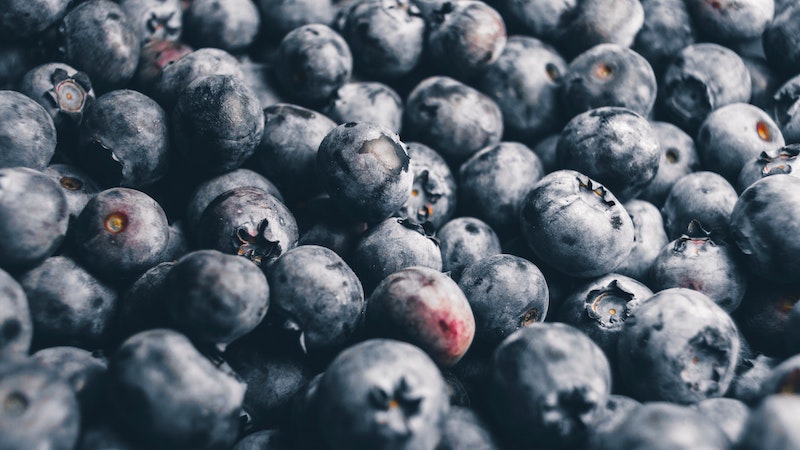Brain Foods to Boost Your Memory
Episode #1 of the course 10 ways to improve your memory by Jordan Harry
So, you want to learn how to improve your memory? You’ve picked the right course!
I’m Jordan Harry, Co-Founder of StudyFast. I work alongside my Co-Founder, Oyinkro, to bring to life StudyFast’s mission of making reading and memory training accessible to all. This is our brand new course on improving your memory health.
Why is memory important? Well, memory shapes our perception and reality. It makes up the stories we tell ourselves about our lives and who we’re connected with. It also allows us to go about our daily routines, making decisions based on knowledge and previous experiences. In other words, our memories are crucial to us as human beings and how we operate.
It’s interesting then that sometimes we have forgetful moments. Maybe you’re in the supermarket and forget something you need, or you have a presentation to give at work and can’t remember your words. Taking control of your brain health, and therefore memory will significantly improve these moments and many more.
I’ve personally practised these ideas and have seen considerable improvements in memorising and recalling information, and I want to help you achieve this.
During this course, I will teach you ten habits to improve your memory, with practical tips on how to embed these ideas into your everyday life. So, let’s get started.
Brain Foods to Boost Your Memory
Your brain is the control centre of your body. It’s in charge of keeping your heart beating and lungs breathing, allowing you to move, feel and think. Food plays a vital role in keeping your brain healthy, so the first step to improved memory is to become more conscious of the foods you are eating, ensuring your brain is working at peak performance.
When you eat a heart-healthy diet, you reduce your risk for high blood pressure, diabetes, and obesity, all of which contribute to memory loss. A balanced diet enriched with omega-3 fatty acids, B vitamins, and antioxidants support brain health and memory.
This is why the Mediterranean diet is so popular. It is full of foods that are high in healthy unsaturated fats such as olive oil, fish and nuts, and is linked to lower rates of brain disease, including dementia and Alzheimers.
Making small changes to your diet to ensure you incorporate a balanced range of nutrients is a crucial first step. Think about what you’re regularly eating and include some of the suggested foods below into your diet to see the effects on your health.
Five foods to incorporate into your daily diet:
1. Green, leafy vegetables such as kale, spinach and broccoli are rich in brain-healthy nutrients, including vitamin K, lutein, folate, and beta carotene. Research suggests these plant-based foods may help slow cognitive decline.
2. Oily fish such as salmon, trout and sardines are abundant sources of omega-3 fatty acids, which can’t be made by the body, meaning humans must obtain them through food. If you don’t eat fish, you could consider plant sources such as flaxseeds, avocados and walnuts or an omega-3 supplement instead.
3. Blueberries, and other deeply coloured berries, are packed with antioxidants and are effective in improving or delaying short-term memory loss.
4. Walnuts contain brain-boosting nutrients such as Vitamin E and are excellent sources of protein and healthy fats, as well as improving memory.
5. Eggs are a good source of B vitamins and choline, rich in egg yolk and essential for the memory-boosting brain chemical acetylcholine. Higher intakes of choline are linked to better memory and mental function. If you are vegan or don’t eat eggs, look for fortified foods such as plant milks and breakfast cereals, soya, nuts and seeds.
As you can see, the food you eat has a role to play in keeping your brain functioning and is a critical factor for improving your memory. It’s important to reflect on your eating habits to see where you can make small changes. It’s not about going on a diet but simply adding some alternatives to ensure you have balance. Go on, give it a try!
Next lesson, we’ll be talking about the impact of reducing automatic negative thoughts, also known as ANTs.
Recommended book
Eating for Cognitive Power by John R. Torrance
Share with friends

